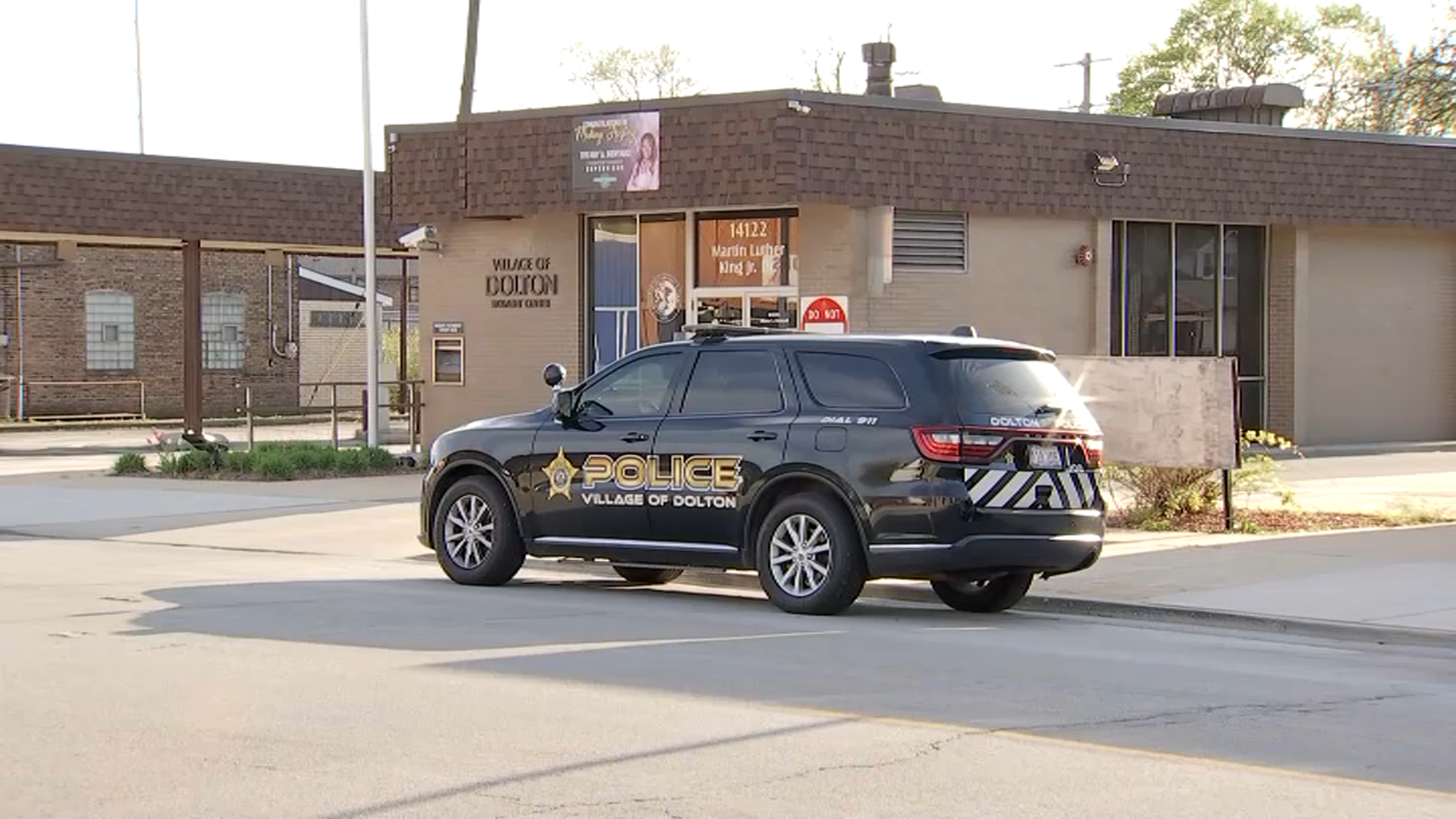As you most certainly have heard by now, the economy stinks. It's always a risk to go into business for yourself, but it seems like these days it's an even more gargantuan one. No one knows this more than Ron Silvia, the president of Chicago Electric Boat Company.
While no stranger to the industry, earlier this year he still found it difficult to enter with this idea, which is "the only Duffy electric boat dealer and factory-recognized rental facility in all of Chicagoland." To get the idea undocked, they had to get "creative" with their financing, as Silvia says. It's nothing illicit -- just another way of getting people to invest if the banks want. I gave Silvia a call while he was en route to Cincinnati to deliver a boat to find out more about his particular strain of creativity.
So you're driving to Cincinnati?
Ron Silvia: I'm driving to Cincinnati to deliver a boat.
You sound thrilled about that.
Ron Silvia: Well, I would like to fly but it's 900-and-something dollars to get there for some unknown reason, so, I got behind the wheel and I'm on the way. I can't believe ticket prices right now.
Well, I guess that's appropriate to what we're talking about.
Local
Ron Silvia: I'm driving my car to deliver a boat that I sold in Cincinnati that got sent via freight truck. My main job is I sell small to big yacht jobs for Jefferson Beach Yacht Sales [http://www.jbys.com] out of Marina City. I grew up in the business, so I'm very familiar with the business model and I've done everything from work on boats mechanically, I'm a licensed captain, I've sailed around the world -- so I'm fairly seasoned in this industry and you have to build your business in all different areas to maintain it in these hard times. Everybody's fallen on hard times with the economy. Fortunately it looks like things are starting to improve in our world and that's caused people to start to buy boats again. That's my day job, if you will.
So, this electric boat business I started with the owner of the company that I work with. Because my office was on the river, I've worked out of the river for the past four years and said, "There's so much commercial traffic, but how do we bring it to a level that's accessible to everybody else in the world or in Chicago that wants to get out and enjoy the water but maybe can't afford to buy a $200,000 or $5 million yacht?" That's what the concept was behind the electric-boat rental business.
So, when you talk about creative financing, what do you mean by that exactly?
Ron Silvia: When we started the business, we funded the first two boats personally. We invested our money to buy the first two boats. We went to a bank and said, "Listen, we're starting this new business and we own these boats, cash, and we'd like to develop a line of credit." Based on the banking restrictions today, we didn't qualify because of a number of things. But we also didn't qualify for SBA financing, which is even more interesting because we were entirely a small business and if you looked at our balance sheet it was incredibly attractive but the bank did not want to get into the boat business. We're new. I've started other businesses and built them up before and dealt with banks, angel guys, VCs -- but there's so many new tools that have come to the market in the last five years that simply weren't available when I started my business before. Those tools are like Groupons. We did a YouSwoop.
The bank said they just weren't interested because it had to do with the boat business and they've been burned by that. We wanted to buy more boats because we saw the demand and are booking reservations and had a lot of people interested in our business and our business model. We needed to ramp it up, and the only way to do that is to make capital expenditures and buy boats.
Is that where getting creative came in?
Ron Silvia: Yeah, exactly. In the old days, right, you'd take a business model to a bank or to SBA and say, "This is my business plan. This is what I'm looking to do. Here are my returns. This is what my liabilities are." You know, the whole financial statement. And they'd say, "Okay, we can see working with you." In the past, banks took just more risks. Today they don't take risks at all. Just my humble opinion is that's probably what's wrong with the progress and development moving forward is you look at what small businesses do for the economy and you look at how little risks banks are willing to take on businesses. It's a very confusing equation because it doesn't add up.
How can entrepreneurs make their end of the equation less confusing?
Ron Silvia: What we did was basically strapped ourselves, bought the first boats, got going, saw that there was a demand there. We used the deals sites as a form of financing on forward, which I think is incredibly creative because there was nothing like that in the past. Never before could you appeal to 500,000 people and book things out for a year. So you could see, even though you're doing them at a discount, you're also bringing in that cash today or in 30 days, which is something you've never been able to do before.
I think, also, given what the banks have done today? Say you're a customer of a bank and you have a savings account with $50,000 in it. What is the bank giving as a return today? A half a percent?
I don't know where you're seeing numbers that high.
Ron Silvia: Yeah, it's atrocious. Money's not worth anything. So, what we've also done is go out to private individuals and offered them what we considered a good market return between five and seven percent for them to basically invest in that capital equipment with us and we am it over four or five years and we'll pay them the interest on that and that's a good return for them if their money's sitting there doing nothing right now. That's where the creative side comes into it: Looking at what your situation is and what your availability to get capital is and reaching out to people who are looking to make some money and it's a very safe investment.

David Wolinsky is a freelance writer and a lifelong Chicagoan. In addition to currently serving as an interviewer-writer for Adult Swim, he's also a columnist for EGM. He was the Chicago city editor for The Onion A.V. Club where he provided in-depth daily coverage of this city's bustling arts/entertainment scene for half a decade. When not playing video games for work he's thinking of dashing out to Chicago Diner, Pizano's, or Yummy Yummy. His first career aspirations were to be a game-show host.



